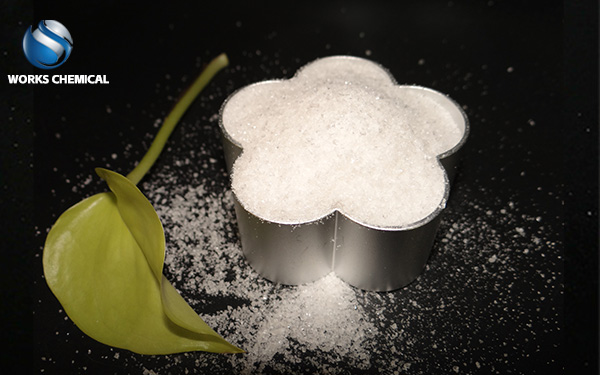
When choosing the right sludge conditioner, several factors need to be considered to ensure the best sludge treatment results. Here are some key points to choose from:

1. Sludge properties
Organic matter content: For sludge with high organic matter content, it is recommended to use cationic organic polymer adjuster, such as cationic polyacrylamide. The higher the content of organic matter, the more suitable to choose cationic organic polymer conditioner with higher polymerization degree. For inorganic sludge, anionic organic polymer conditioner can be used.
pH: The optimum pH range of the condensation reaction of different agents is different. For example, the hydrolysis reaction of aluminum salt is very sensitive to pH, and the optimal pH range of its condensation reaction is 5-7; When choosing a sludge conditioner, the pH value of the sludge needs to be considered, and if it deviates from the optimal range, it may be necessary to change the type of agent or adjust the pH value of the sludge.
Dewatering performance: the sludge in the primary sedimentation tank is easy to dehydrate, while the scum and residual activated sludge are difficult to dehydrate, and the dewatering performance of the mixed sludge is between the two. The more difficult to dehydrate the sludge, the greater the dose of conditioning drugs.
Type of conditioner
Inorganic conditioner: generally suitable for vacuum filtration of sludge and plate and frame filtration. Commonly used inorganic conditioners are iron salt and aluminum salt two categories. Ferric salt conditioner mainly includes ferric chloride, ferric sulfate, ferrous sulfate and polyferric sulfate, etc. Aluminum salt conditioner mainly includes aluminum sulfate, aluminum trichloride, basic aluminum chloride, polyaluminum chloride and so on. The strength of the floc formed by iron salt is high, but the dosage is large and may be corrosive. The floc formed by aluminum salts is less dense, the conditioning effect may be poor, and it may clog the filter cloth during the dehydration process.
Organic conditioner: suitable for centrifugal dehydration of sludge and belt press filtration dehydration. Compared with the inorganic conditioner, the amount of organic conditioner is less, and the formed floc is thick but the strength is low, and it is easy to break. However, once the floc is destroyed, it is not easy to return to the original state, regardless of whether the inorganic or organic conditioner is used. Commonly used organic conditioners are polyacrylamide series, including cationic, anionic and non-ionic types.
Three, conditions of use
Temperature: The temperature of the sludge directly affects the hydrolysis of the inorganic salt conditioner. When the temperature is low, the hydrolysis will be slow, and the conditioning effect will be significantly reduced. Therefore, in a low temperature environment, it is necessary to choose a low-temperature adaptable agent or appropriately extend the conditioning time.
Mixing treatment: When more than one conditioner is used, the order of adding the sludge conditioner will also affect the conditioning effect. In order to achieve the best conditioning results, the sludge and the sludge conditioner need to be fully mixed. At the same time, after the mixing reaction forms the floc, it cannot be destroyed again, because once the floc is damaged, it is difficult to restore to the original state.
Iv. Economy and Environmental protection
Cost: When selecting a sludge conditioner, it is necessary to consider the cost of the agent, as well as the cost of power, manpower, equipment corrosion, transportation, sludge disposal, filter cloth loss, production efficiency, etc. Through cost accounting, select cost-effective pharmaceutical.
Environmental protection: should try to choose a safe and environmentally friendly sludge conditioner, do not bring additional load to the water body and sludge. Avoid choosing strong acid and alkaline agents to avoid personnel damage and long-term corrosion of pipelines.
In summary, the selection of the appropriate sludge conditioner requires comprehensive consideration of sludge properties, conditioner types, conditions of use, economy and environmental protection and other factors. Through comparative experiment and cost accounting, the optimal solution with low water content, low cost, small corrosion of equipment and no or small increment of sludge was selected.